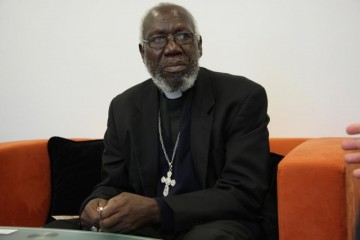Bridgefolk perspectives on Pope Francis
What’s in a name? Well, we are pretty sophisticated listeners and watchers these days and realize that a name, whether for a commercial product such as a deodorant or a car, matters hugely. When a Pope-elect announces what he is to be called, it is a first signal as to how he understands what he will do as pontiff. Thus, John Paul I and John Paul II were signaling that they saw their pontificates in relationship to the work of John XXIII and Paul VI. Benedict wished to express his concern for the message of the Gospel in Europe and followed in the footsteps of Pope Benedict XV, who was noted for his peacemaking efforts during the Great War of 1914-1918.
I have heard a story that when Cardinal Jorge Mario Bergoglio was still in the Sistine Chapel, immediately following the election, a cardinal next to him said, “Whatever you do, don’t forget the poor!” In that moment, Cardinal Bergoglio knew that his name was to be ‘Francis.’
By choosing the name Francis (after Francis of Assisi) the Pope evokes the spirit of a saint who is beloved and admired by all Christians. The name Francis is associated with humility, simplicity, compassion, keeping the Gospel in focus at all times, always watching out for the poor. In the early days of his pontificate, Pope Francis is taking the name seriously: by stepping away from the trappings of the papacy, by going to a prison for young people to wash the feet of young women and men, Christian and Muslim, and by reaching out to ordinary people.
Any one of us could list ten things Pope Francis needs to do! Right now! Before all else, in the spirit of Saint Francis, he needs to witness to the simplicity, compassion, and integrity of Jesus in the Gospels.
John Klassen, OSB is Abbot of Saint John’s Abbey and Co-Chair of Bridgefolk.

